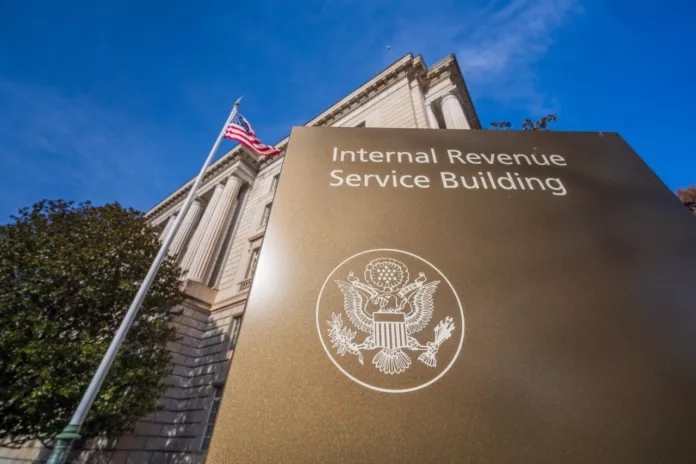
Tax season is here, and while you’re crunching numbers, there are scams which are being plotted to swipe your IRS refund.
In 2025, fraudsters have upped their game, especially with schemes involving the recovery rebate credit. Here’s what you need to know to keep your cash safe.
The Rise of Phishing Schemes
Phishing scams are skyrocketing. Cybersecurity experts report a 77% increase in tax-related phishing attempts this year. Scammers pose as IRS agents, contacting you via phone, email, or text, claiming you need to provide personal info to receive your recovery rebate credit. Spoiler: It’s a trap.
Spotting the Fakes
These cons are getting slicker, but there are red flags:
- Unsolicited Communications: The IRS doesn’t initiate contact through text, email, or social media. If you get a message out of the blue, be suspicious.
- Urgent or Threatening Language: Scammers pressure you to act fast, often threatening fines or legal action. The real IRS communicates through official letters and doesn’t use scare tactics.
- Requests for Specific Payment Methods: Demands for payment via gift cards, wire transfers, or cryptocurrency are major red flags. The IRS doesn’t accept these forms of payment.
- Suspicious Links or Attachments: Hover over links to see where they lead. If it doesn’t point to an official IRS.gov address, don’t click.
Protecting Yourself
Stay ahead of scammers with these tips:
- Verify Before You Trust: If you receive a suspicious message, don’t respond directly. Instead, contact the IRS using official channels to confirm if the communication is legit.
- Guard Your Personal Information: Never share your Social Security number, bank details, or other sensitive info unless you’re certain of the recipient’s identity.
- Use Secure Filing Methods: File your taxes through reputable services and consider electronic filing to reduce the risk of interception.
- Stay Informed: Regularly check the IRS website for updates on the latest scams and advice on how to avoid them.
What to Do If You’re Targeted
If you think you’ve encountered a scam:
- Don’t Engage: Avoid responding to the scammer. Cease all communication immediately.
- Report the Incident: Forward suspicious emails to [email protected]. For phone scams, report the caller ID and callback number to the IRS at 1-800-366-4484.
- Monitor Your Accounts: Keep an eye on your financial statements and credit report for any unauthorized activity.
For more insights on protecting yourself from IRS tax refund scams, check out this informative video:
Stay vigilant this tax season. By recognizing the signs of scams and knowing how to respond, you can ensure your refund ends up where it belongs: in your pocket.
- IRS Scams Alert: How Fraudsters Are Targeting Your Tax Refund in 2025 - February 21, 2025
- IRS Reveals Tax Changes for 2025 – Don’t Miss Out on Bigger Refunds! - February 21, 2025
- Which MadeGood Granola Bars Did the FDA Recall? Check the List - February 21, 2025


















